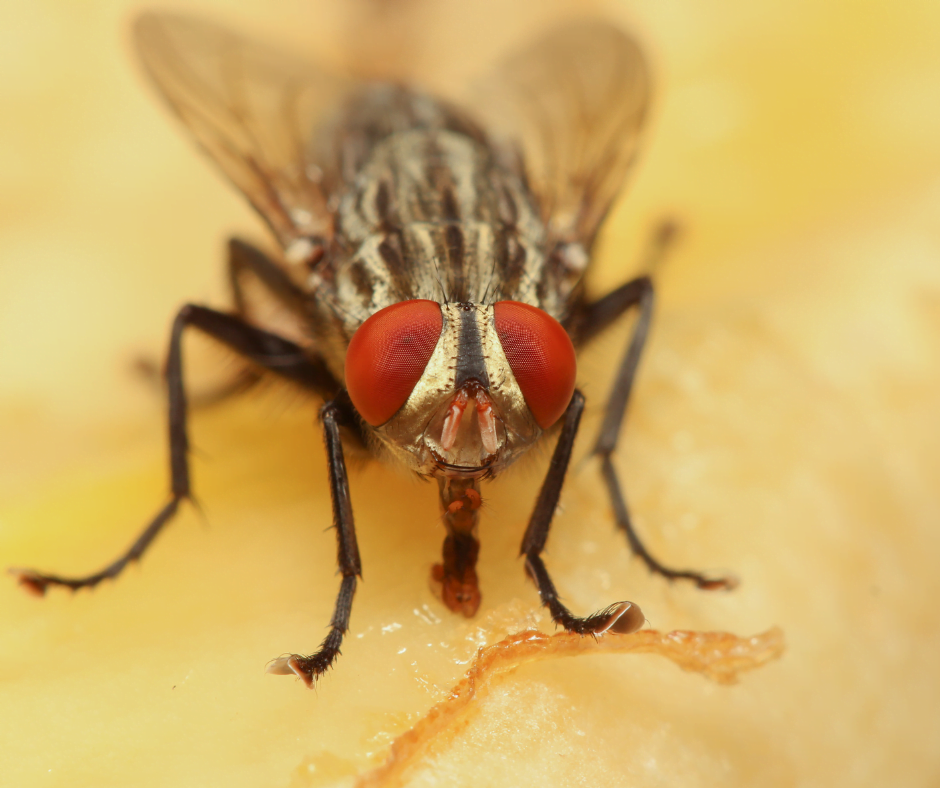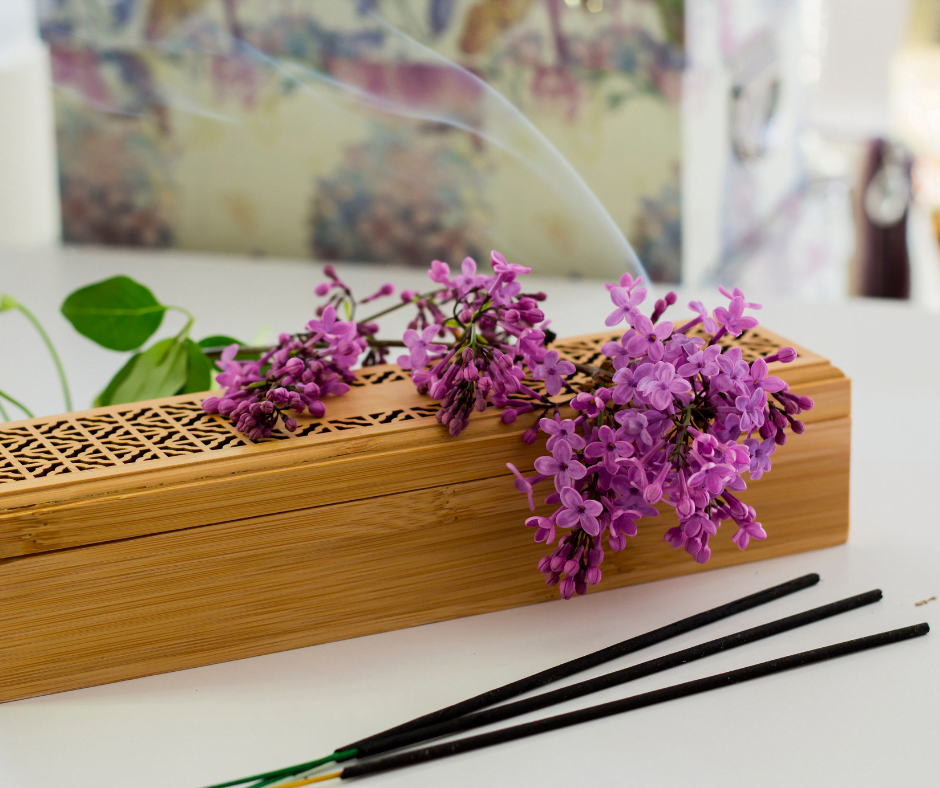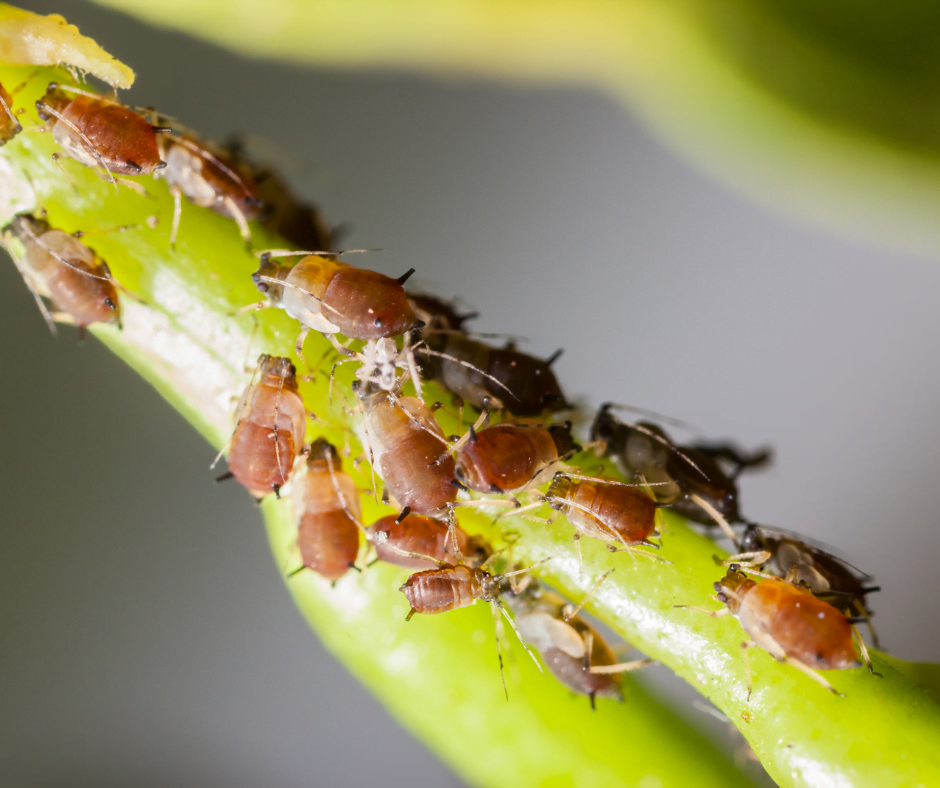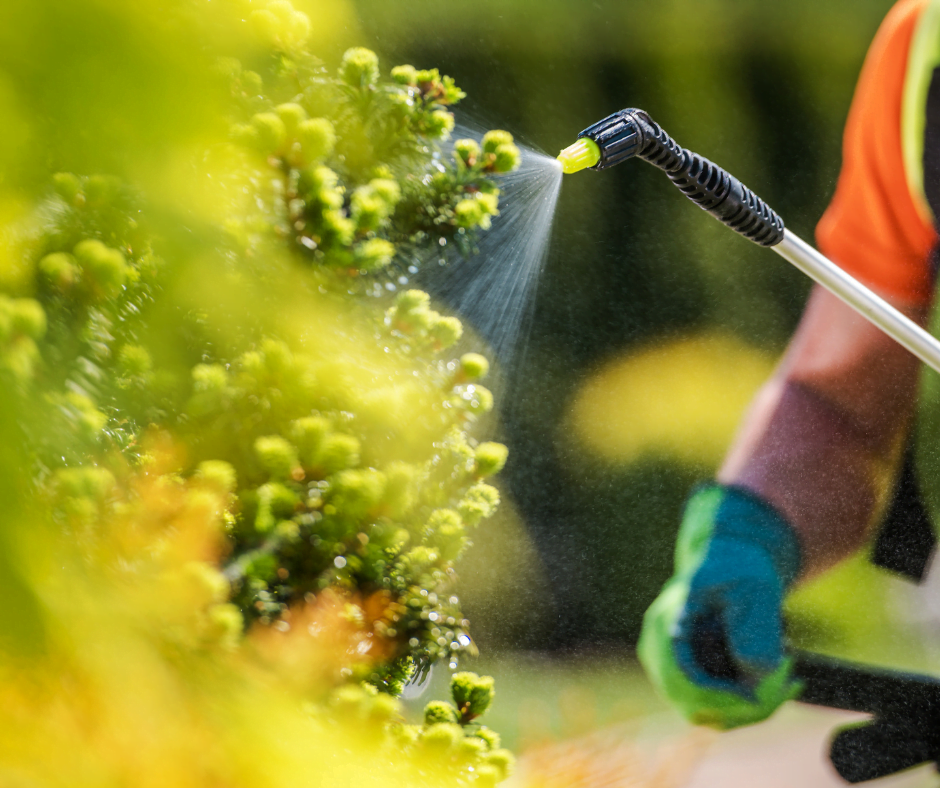Many people believe that candles and incense repel insects. If you are looking for a natural way to keep bugs away, consider using incense or candles as part of your pest control strategy.
Studies have shown incense, and candles repel insects, with many people using essential oils such as Eucalyptus, Citronella, and Peppermint to keep pests away. If you are looking for a natural way to keep bugs away, consider using incense or candles as part of your pest control strategy.
This article will review scents used to repel insects and what you can do to ensure that you are pest-free making sure that you use incense and candles as part of your pest control strategy.

What are incense and candles, and what do they smell like?
Incense is a stick or cone of aromatic material that is burned to release different scents. Candles are made of wax and have a wick that is lit to produce light and heat. Both incense and candles come in various scents, including floral, citrus, mint, and musk.
How can incense and candles be used to repel insects?
Incense and candles can repel insects by releasing specific scents into the air. The smell of these items may help to keep bugs away. Ensuring that candles and incense are included as part of your pest control strategy can provide significant benefits.
What essential oils repel insects?
There is no definitive answer, as different scents repel different insects. However, some of the most common scents believed to repel insects include citronella, eucalyptus, lavender, and mint. Most insects are repelled by strong-smelling scents that can become overpowering to them.
The scents listed provide these strong scents and ensure that pests are kept at bay. To keep insects away, consider using candles or incense with these scents.
What is Citronella?
Citronella is a citrus-scented essential oil that is used in candles and incense. Citronella candles are often used to repel mosquitoes. The scent of the citronella may also help to keep other insects away.
What is Eucalyptus?
Eucalyptus is a tree native to Australia. The leaves of the eucalyptus tree are often used to make essential oils. Eucalyptus oil has a strong, minty scent that is believed to repel insects.

What is Lavender?
Lavender is a flowering plant that produces a purple flower. The scent of lavender is sweet and floral. Lavender is often used in sachets and potpourris. The smell of lavender may help to repel insects.
What is Mint?
Mint is a plant that produces a robust and refreshing scent. Mint leaves can be used to make essential oils. The smell of mint is believed to repel insects.
Ensuring that you use the right scents is essential to keeping insects at bay. The perfumes listed above are some of the most commonly used to repel insects. Consider using candles or incense with these scents to keep bugs away.

What insects can be repelled by incense and candles?
Rats
Citronella is a citrus-scented essential oil that is used in candles and incense. Citronella candles are often used to repel mosquitoes, as the citronella’s scent may also help keep other insects away. Rats are repelled by strong-smelling scents that can become overpowering, making citronella a possible choice for rat-repellent candles and incense.
Flies
Flies are repelled by the scent of eucalyptus. Eucalyptus is a tree native to Australia. The leaves of the eucalyptus tree are often used to make essential oils. Eucalyptus oil has a strong, minty scent that is believed to repel insects. Burning eucalyptus candles or incense may help to keep flies away.

Mosquitoes
Mosquitoes are repelled by the scent of citronella. Citronella is a citrus-scented essential oil that is used in candles and incense. Citronella candles are often used to repel mosquitoes. The scent of the citronella may also help to keep other insects away.
Fleas
Fleas are repelled by the scent of peppermint citronella and eucalyptus. Peppermint is a plant that produces a robust and refreshing scent. Mint leaves can be used to make essential oils. The smell of mint is believed to repel insects. Citronella is a citrus-scented essential oil that is used in candles and incense.
Ticks
The scent of Eucalyptus Radiata repels ticks. Radiata is a species of eucalyptus that is native to Australia. The leaves of this tree are often used to make essential oils. Eucalyptus Radiata oil has a robust and citrusy scent that is believed to repel insects. Burning eucalyptus candles or incense may help to keep ticks away.
Cockroaches
Peppermint repels cockroaches. Peppermint is a plant that produces a robust and refreshing scent. Mint leaves can be used to make essential oils. The smell of mint is believed to repel insects. Cockroaches are repelled by the strong, minty scent of peppermint. Burning peppermint candles or incense may help to keep cockroaches away from your home.
Insects are often repelled by strong scents. The scents listed above are some of the most commonly used to repel insects. Consider using candles or incense with these scents to keep bugs away.
Hold up, if you are considering these strategies with a pet we suggest you check out our articles about pet safety and why this might not be the right decision for you. Take a look if you have any pets including Cats, Chinchillas, Guinea Pigs and Rabbits.
How to use incense and candles to repel insects?
There are several ways to use incense and candles to keep insects at bay. Below are some tips:
- Use citronella candles outdoors to help keep mosquitoes away.
- Keep flies away by using incense in the scents listed above.
- Use eucalyptus, lavender, or mint candles indoors to help repel ticks.
- Light candles or incense in the scents listed above when you are outdoors to help keep insects away.
Tips when using incense and candles
When using incense and candles to keep insects at bay, there are a few things to keep in mind:
- Make sure that the area is well-ventilated to avoid overwhelming smells.
- Do not leave candles or incense unattended.
- Be sure to extinguish candles and incense completely when finished.
- Avoid using scented products near food.
- Use caution when using essential oils around children and pets.
- Scented products can be an effective way to keep insects at bay. However, it is essential to use them safely and correctly. Be sure to follow the tips listed above when using these products.
Candles and incense are a great way to keep your home free of insects. You can help keep your home bug-free by using scents that repel insects. Be sure to use caution when using these products and follow the tips above for safety.

What are the benefits of using incense and candles as part of a pest control strategy?
There are a few benefits of using incense and candles as part of a pest control strategy, including:
- They are natural products that do not contain chemicals.
- They can be used indoors or outdoors.
- They can be used with other pest control methods, such as traps and sprays.
Are there any risks associated with using incense and candles to repel insects?
There are a few risks associated with using incense and candles to repel insects, including:
- They may not be effective in keeping all bugs away.
- The scents may attract other insects or animals.
- The fumes from burning incense or candles can harm humans and pets if inhaled.
Do incense and candles work?
Studies have found that essential oils such as Eucalyptus and Citronella have effectively repelled certain pests. Many people believe that these items can be effective in keeping bugs away. If you are looking for a natural way to keep insects at bay, consider using incense or candles as part of your pest control strategy.
What damage do pests cause?
Garden pests can cause a variety of problems in your garden. Some, like slugs and snails, eat your plants. Others, like aphids and mealybugs, suck the sap out of them. This can weaken and even kill your plants. Beetles can also be problematic, as both the adults and larvae can eat your plants. In addition, some pests spread diseases that can harm your plants. For example, aphids can spread plant viruses. So getting rid of garden pests as soon as you notice them is essential.

Prevent pests with good gardening practices
The best way to deal with garden pests is to prevent them from appearing in the first place. There are a few simple things you can do to discourage pests:
- Keep your garden clean: Pests love places with debris and overgrown plants. So keeping your garden tidy can help deter them. Remove dead leaves and weeds; don’t let plants get too big and leggy.
- Encourage beneficial insects: Beneficial insects, like ladybugs and lacewings, help to keep garden pests in check. So planting flowers that attract them can help keep your garden pest-free.
- Use physical barriers: Physical barriers, like row covers and screen mesh, can help keep pests out of your garden.
- Use traps: There are a variety of traps you can use to catch garden pests. For example, you can use yellow sticky traps to catch aphids and whiteflies. Or you can use beer traps to see slugs and snails.
- Choose pest-resistant plants: Some plants are naturally resistant to pests. So planting them in your garden can help discourage pests.
Get rid of garden pests with chemicals.
If you have a severe pest problem, you may need to resort to using chemicals. There are a variety of pesticides available that can help get rid of garden pests. But before you use any pesticide, be sure to read the label carefully. Make sure the pesticide is safe for the plants you want to protect. And follow the directions carefully to avoid harming yourself, your plants, or the environment.
Common pesticides include:
Insecticidal soap: Insecticidal soap is a gentle, effective way to get rid of aphids, mealybugs, and other soft-bodied pests.
Neem oil: Neem oil is a natural pesticide effective against various garden pests, including aphids, beetles, and caterpillars.
Pyrethrin: Pyrethrin is a natural insecticide made from the flowers of certain chrysanthemum plants. It’s effective against various garden pests, including aphids, beetles, and caterpillars.
Rotenone: Rotenone is a natural pesticide effective against various garden pests, including aphids, beetles, and caterpillars.

Get rid of garden pests with biological controls.
Biological controls are living organisms that help to control garden pests. For example, you can use ladybugs to control aphids or nematodes to control grubs.
Biological controls have a few advantages over chemical pesticides:
- They’re usually safe to use around children and pets.
- They don’t harm the environment.
- They’re often more effective than chemical pesticides since they target specific pests and don’t kill beneficial insects.
- Before you use any biological control, be sure to read the label carefully. And follow the directions carefully to avoid harming yourself, your plants, or the environment.
Standard biological controls include:
- Ladybugs: Ladybugs are predators that feed on aphids, mealybugs, and other soft-bodied pests.
- Lacewings: Lacewings are predators that feed on aphids, mealybugs, and other soft-bodied pests.
- Nematodes: Nematodes are microscopic worms that parasitize grubs and other soil-dwelling pests.
Candles and incense are excellent methods to combine with the strategies listed. They are a great addition to your garden inside and out. There are a variety of other ways to get rid of garden pests. For example, you can use traps, physical barriers, or pest-resistant plants. Or you can try using biological controls, like ladybugs or lacewings. Whichever method you choose, be sure to read the label carefully and follow the directions to avoid harming yourself, your plants, or the environment.
Final Thoughts
Incense and candles are a cheap and easy way to try and repel insects. They can be used inside or outside and don’t require special skills. You should balance their use with some of the strategies listed in this article. This will give you the best chance to keep your garden pest-free.
Do you have any tips for using incense or candles to repel insects? Let us know in the comments below!


